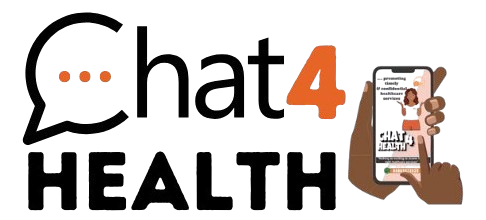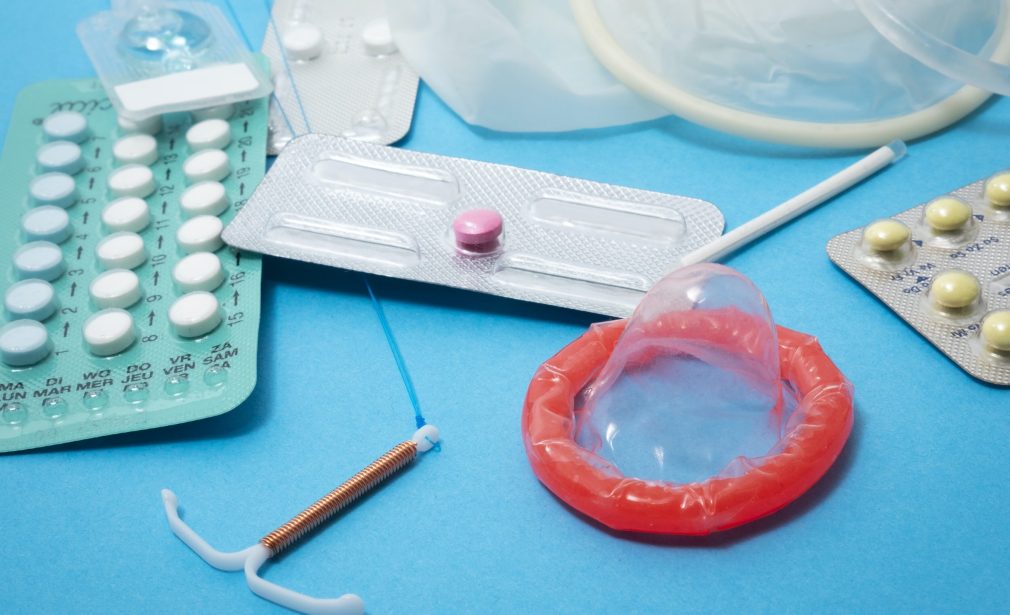Contraception & Ways to Prevent Unwanted Pregnancy
Here’s an overview of contraception and ways to prevent unwanted pregnancy:
Types of Contraception
1. Hormonal Contraceptives: Birth control pills, patches, rings, and injections that release hormones to prevent ovulation.
2. Barrier Methods: Condoms, diaphragms, and cervical caps that prevent sperm from reaching the egg.
3. Intrauterine Devices (IUDs): Small devices inserted into the uterus to prevent fertilization.
4. Sterilization: Permanent methods, such as vasectomy or tubal ligation, that prevent pregnancy.
5. Emergency Contraception: Methods, such as the morning-after pill, that can prevent pregnancy after unprotected sex.
Other Ways to Prevent Unwanted Pregnancy
1. Abstinence: Avoiding sexual intercourse altogether.
2. Fertility Awareness Methods (FAMs): Tracking menstrual cycles and physical symptoms to predict fertile periods.
3. Withdrawal: Removing the penis from the vagina before ejaculation (not a reliable method).
4. Contraceptive Implants: Small rods inserted under the skin to release hormones and prevent pregnancy.
5. Natural Family Planning (NFP): Methods that track menstrual cycles and physical symptoms to plan or prevent pregnancy.
Benefits of Contraception
1. Prevents Unwanted Pregnancy: Reduces the risk of unintended pregnancy and abortion.
2. Improves Reproductive Health: Helps manage menstrual cycles, reduces menstrual cramps, and treats polycystic ovary syndrome (PCOS).
3. Enhances Economic Empowerment: Allows individuals to pursue education, careers, and other opportunities without the burden of unintended pregnancy.
4. Supports Family Planning: Enables individuals and couples to plan and space their children, improving overall family well-being.
Accessing Contraception
1. Healthcare Providers: Visit a doctor, nurse, or other healthcare provider for contraception counseling and prescription.
2. Family Planning Clinics: Organizations, such as Planned Parenthood, offer contraception services, including counseling, prescription, and distribution.
3. Pharmacies: Many pharmacies offer contraception, including emergency contraception, without a prescription.
4. Online Resources: Websites and apps provide contraception information, counseling, and prescription services.

